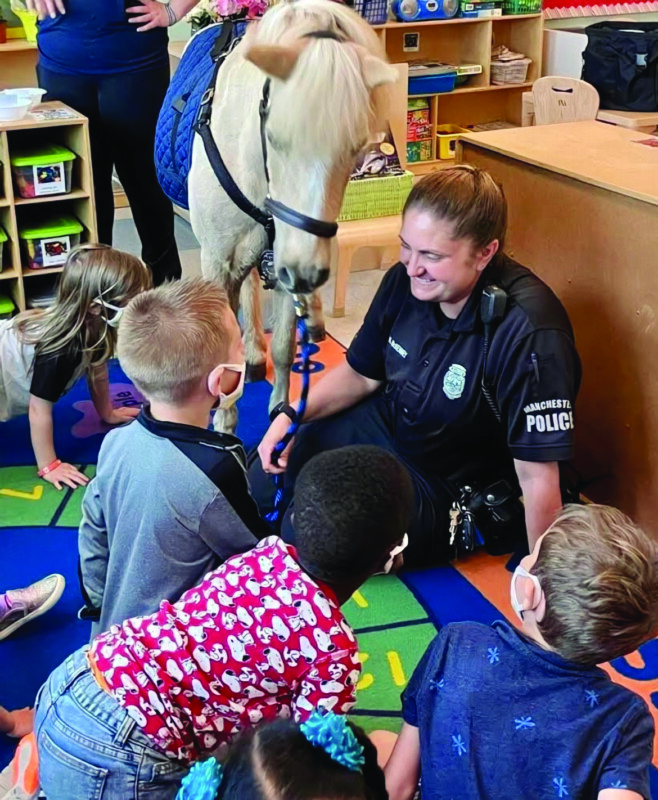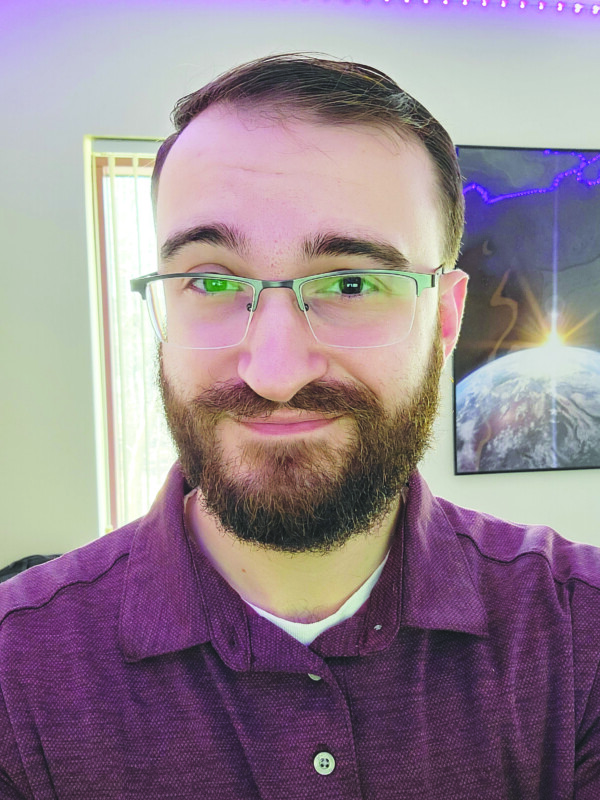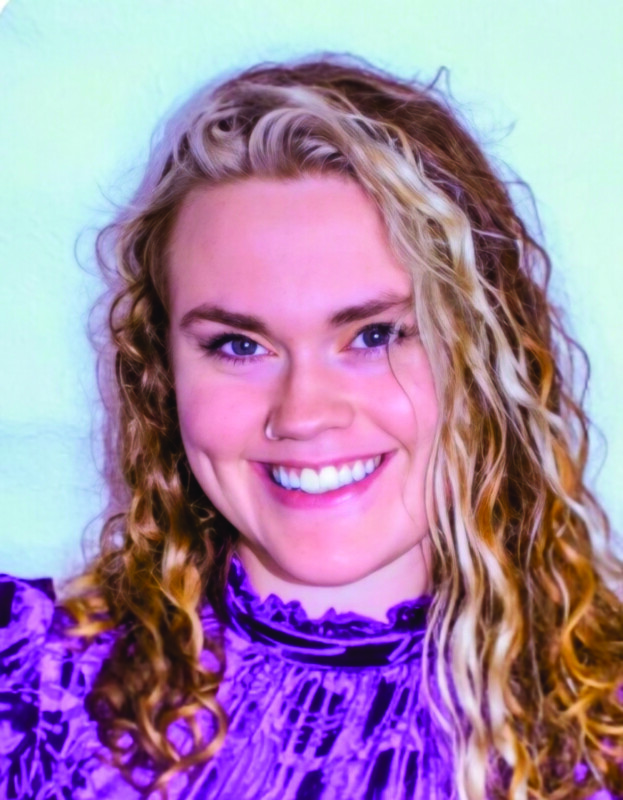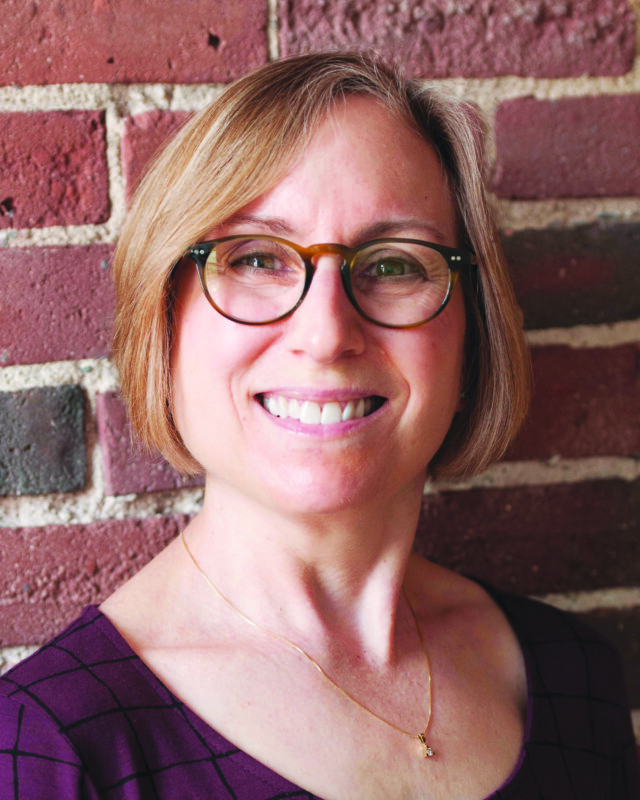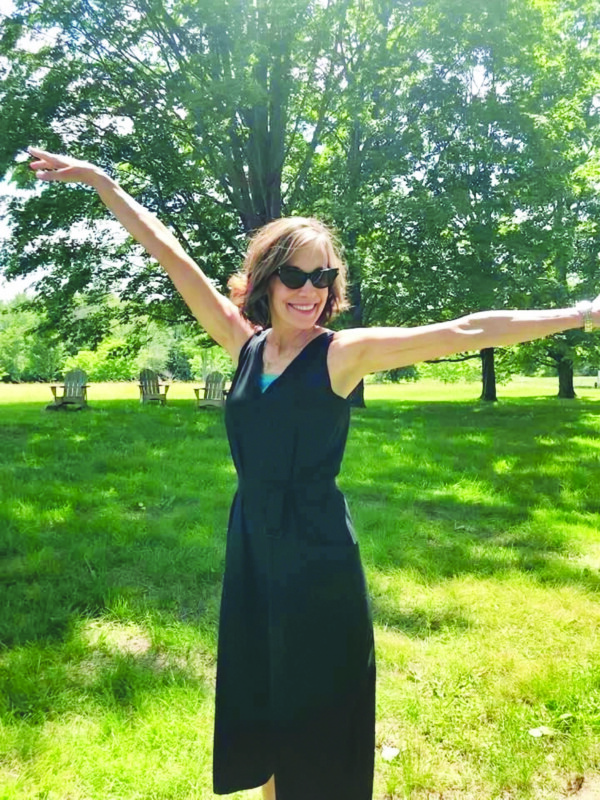Policing and building community with horses and a pony
Officer Kelly McKenney of the Manchester Police Mounted Patrol, honored last month as the 2023 New Hampshire Horseperson of the Year by the New Hampshire Horse Council, shared her thoughts and experiences on serving as a mounted police officer.
How did you become a mounted patrol officer?
I’ve been riding since I was 6 years old. … I was on the UNH equestrian team and lived at the UNH horse barns for my last two years there. After college … I became a police officer in Manchester, knowing that Manchester had a mounted patrol, with the intention and the hope of being put on that division. It took 13 years; I did my time, then finally got put on.
Tell us about the horses.
We have two big horses named General Stark and Bruno. General Stark is a Clydesdale cross and has been with the patrol for a while, while Bruno is a Percheron cross and relatively new. Right now we keep them at the Youth Detention Center in Manchester, because that used to be a county farm. … For almost two years I was alone — there are usually two riders, but we didn’t have the manpower to spare — but I finally got a partner this past summer. That helps a lot, so we can ride together and share the chores, and horses are herd animals, so they prefer to have a partner. … I’ve ridden General Stark for a long time, and we have a great partnership, but I’ve been letting my new partner ride him because he’s such a steady horse; he’s been doing [patrol riding] for a long time and has been exposed to everything. Bruno, however, is still new and can be a bit anxious about things. … Then, there’s Eddy, the pony …
OK, so what’s the story with the pony?
Our horses are huge. Kids go to pet them and it’s like, ‘OK, well, that’s a leg.’ So, I had this idea. … I asked the chief, ‘Can we get a pony? I want to bring a pony to the schools,’ and he was like, ‘… a pony? Uh, alright,’ so I found this little pony, and it just exploded. I did over 120 events with the pony just last year. We brought him to schools, day cares, senior centers, nursing homes, mental health facilities — who doesn’t love a pony, right? … And the comfort dogs are great, too, but every kid on the planet has seen a dog; it’s not every day you get to see a pony in Manchester.
What kind of police work do you do on mounted patrol?
Mostly we ride downtown, on Elm Street or throughout the parks. When we were having homelessness issues, I would monitor the parks and make sure people were behaving. I actually formed quite a few bonds with the homeless [individuals] out there. A lot of them would talk to me when they wouldn’t talk to [other officers], because they see that I’m a human, too. The horse kind of brings that out. I’ve also stopped cars and made arrests from horseback.
Do tell how you pull someone over while on horseback.
I use the traffic lights to my advantage. I stand at the corner, and when the cars are stopped at the light, if I see [a driver] on their phone or an expired inspection sticker or registration, I ride up to the car while they’re waiting for the light, and I say, ‘Hey, when the light turns green, I want you to pull over up there.’
Who picks up the horse poop?
I do! It’s so funny —I bring trash bags, and it’s basically like, the biggest dog-doo pickup in the world. … And Eddie, when we bring him places, wears a little diaper that catches his poo. Seriously. There are pictures on our Facebook page.
Why is the Mounted Patrol an important part of the police department?
At the end of the day I’m still a police officer doing police work, but working with horses is so much more community-oriented than just being in a cruiser … and allows for a better face-to-face interaction with the public. When I’m riding, people walk up to me and flag me down to talk, which opens up a dialogue, and that is just awesome. Nobody ever flagged me down to talk about my cruiser or bicycle when I rode them; most people tried to go the other way. But having the horses, it’s so nice to be able to actually talk with people instead of being something that people want to avoid. … It helps to show people that police officers are human beings and give people a positive experience with law enforcement.
Featured photo: Officer Kelly McKenney of the Manchester Police Mounted Patrol and Eddy the comfort pony visit Manchester Head Start. Courtesy photo.

